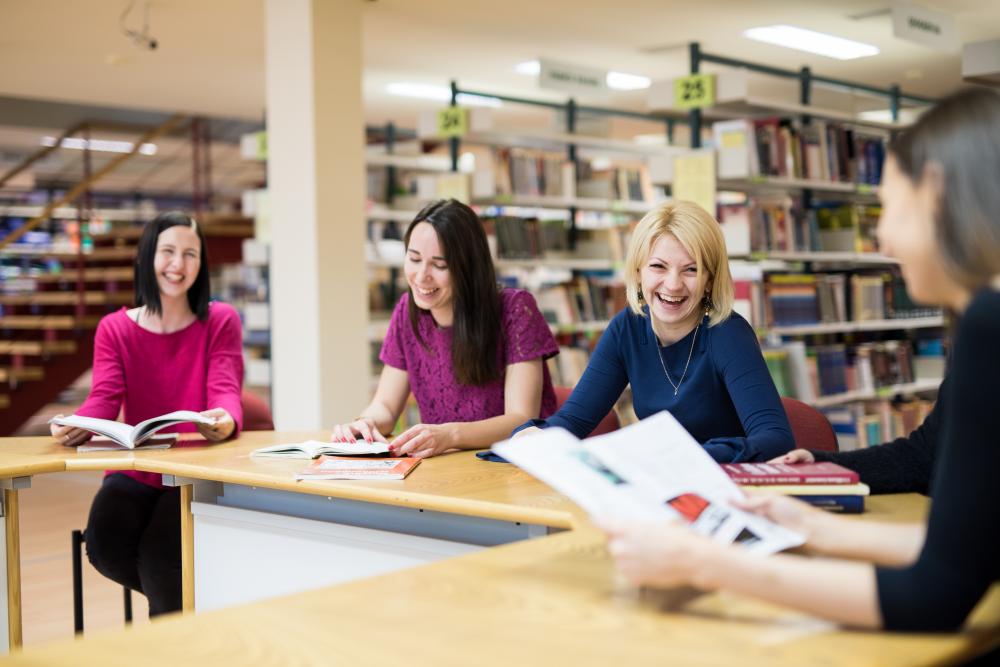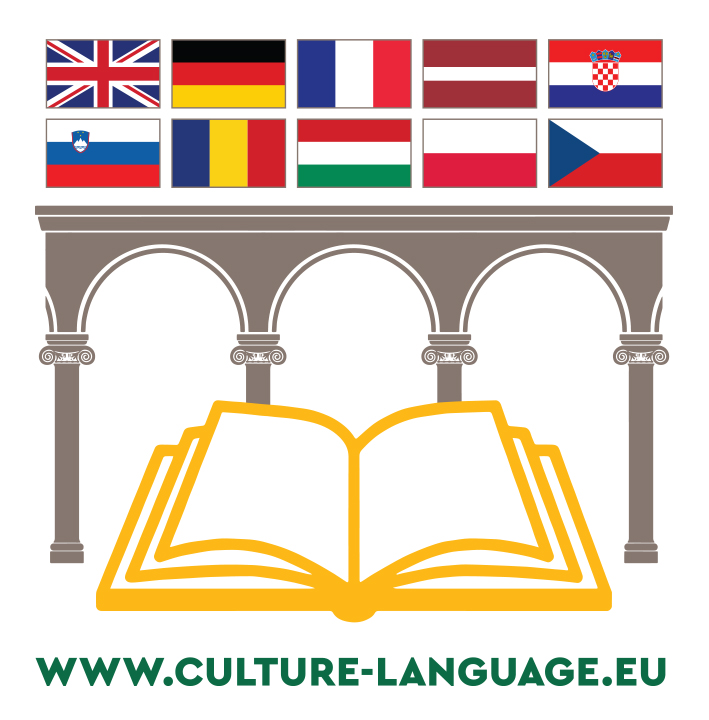International projects
Turiba University is actively expanding its international cooperation, initiating, developing, and implementing various local, national, and international projects.
We believe that the development of the University is inconceivable without innovative initiatives, the creation of new teaching approaches and methods, and without international collaboration. To prepare high-quality new professionals, it is essential for our university to provide opportunities for learning in an international environment, meeting lecturers, and professionals from around the world. Therefore, we realize international projects in collaboration with universities and partners worldwide.
Through these projects, we have developed new and innovative educational resources and tools, published books, organized international conferences, exchange trips, study visits, summer schools, and other activities.
We have extensive experience in international project management and have been actively involved in coordinating projects such as Central Baltic Interreg, Erasmus Mundus, Erasmus for Young Entrepreneurs program, European Social fund, JUSTICE, NORDPLUS, and ERASMUS+ projects.
Project department initiate and implement projects in collaboration with our faculties and their experts. We are excited to collaborate and bring your ideas to life! Get in touch with us:
KRISTĪNE NEIMANE, Head of project department: kristine.neimane@turiba.lv, Phone: +371 67615541, mob.+371 29628681
IEVA BRUKSLE, Project coordinator: ieva.bruskle@turiba.lv, Phone: +371 67616022
Erasmus+ project „Cultural knowledge and language competences as a means to develop the 21st century skills”

Project No.: 2018-1-HR01-KA204-047430
Project duration: 1st September 2018 – 31st August 2020
Project coordinator: Tourism and Catering School Dubrovnik (Croatia)
Project partners: Tourism and Catering School Dubrovnik (Croatia), Turiba University (Latvia), Ekonomska šola Murska Sobota (Slovenia), Universitatea Sapientia din Cluj-Napoca (Romania), Vyšší odborná škola, Střední průmyslová škola a Obchodní akademie,Čáslav (Czech Republic), Fundacja Pro Scientia Publica (Poland).
Project aim: The project addresses the specific objectives of the Erasmus+ programme in the field of education and training:
1) to improve the level of key competences and skills (the 21st century key skills and competences, such as problem solving, collaboration, creativity, critical thinking, learning strategies, communication, ICT skills, etc.), with particular regard to their relevance for the labour market (improved skills and competences) and their contribution to cohesive society (alongside with other adult learners we address also the people with geographical, social and economic obstacles, and cultural differences, and special education treatment needed, also low-skilled and low-qualified);
2) to promote the emergence and raise awareness of a European lifelong learning area (through creating OER containing the teaching/learning material related with European cultural heritage and applying innovative methodologies and introducing the wider society with opportunities of using the OER created for lifelong learning purposes, incl. in remote areas);
3) to improve the teaching and learning of languages and promote the EU's broad linguistic diversity and intercultural awareness (by incorporating the material suitable for increasing learners’ language competence in 10 European languages, the material revealing the rich cultural heritage of the project countries, including minority groups – ethnic Hungarian region of Romania, a unique cultural region of Suiti in Latvia, etc.). The Consortium is creating innovative learning material, an OER, applying the CLIL methodology (content based language learning) and creating comprehensive blended-learning modules involving on-line learning material and material for groupwork/pairwork in chatrooms and face-to-face sessions to develop the key skills in a complex way. The material is based on exploring cultural heritage of our countries, created in 10 EU languages (our languages: HR, LV, PL, Sl, CZ, RO, HU, + EN, DE, FR as the major foreign languages spoken in Europe) fostering the development of cultural knowledge and awareness, language competences and relevant 21st century skills for adult learners. The course is targeted at adult learners, including those with certain obstacles to learning (geographical, social, economic, cultural, educational) depending on the country.
The learning platform: http://e-culture.eu


Project implementer: The Department of Languages
Project website: http://culture-language.eu/
This project has been funded with support from the European Commission. This publication [communication] reflects the views only of the author, and the Commission cannot be held responsible for any use which may be made of the information contained therein.
